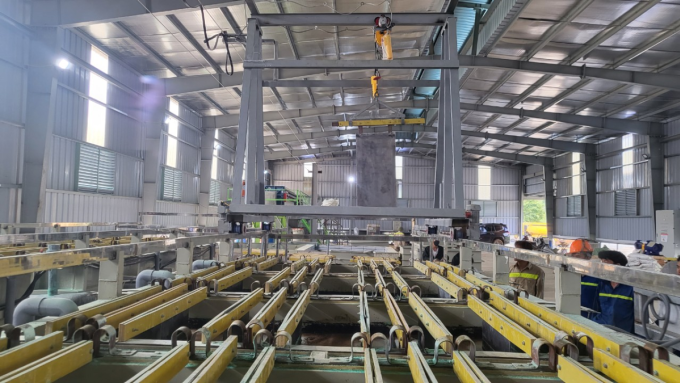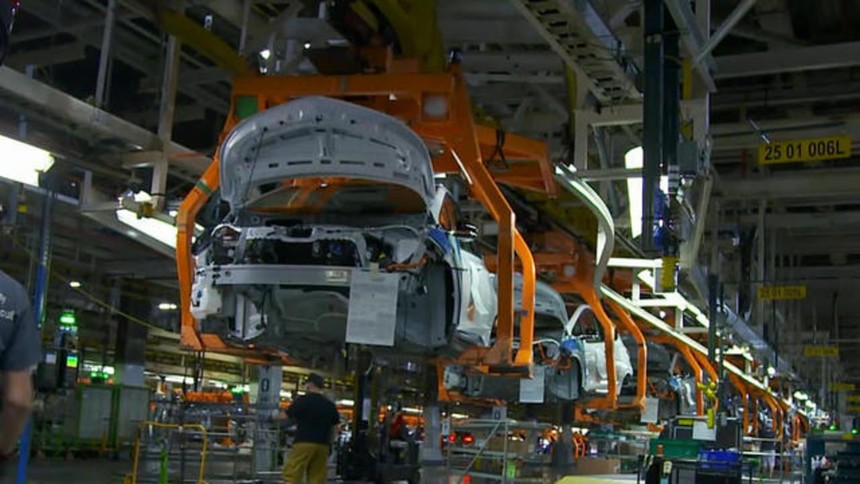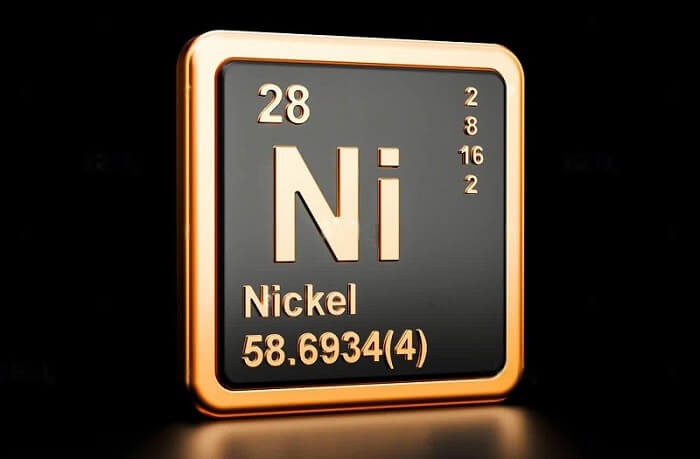Karawang, about 90 minutes from Jakarta, has been a major auto manufacturing hub in Indonesia for decades, home to factories for companies like Toyota and Yamaha. In July 2024, it will welcome Southeast Asia’s first electric vehicle battery factory.
Set up as a joint venture between Hyundai Motor, LG Energy and state-owned Indonesia Bettery Corporation, the plant has an annual capacity to produce batteries for 150,000 electric vehicles. The plant marks a major step forward in Indonesia’s ambition to become a regional electric vehicle manufacturing hub and one of the world’s leaders in battery production by 2027.
The country produces nearly half of the world’s nickel, a key mineral for batteries. In 2020, Indonesia banned nickel ore exports to boost domestic battery production and attract global investors.
Indonesia is responsible for producing half of the world’s nickel supply.
However, this ambition seems to remain a pipe dream as investors remain skeptical due to challenges such as environmental standards, labor rights and the deep involvement of Chinese companies in Indonesia’s nickel industry. Low domestic demand for electric vehicles and the shift to nickel-free battery technology are other challenges.
In 2024, German chemical company BASF canceled plans to build a nickel refinery in Indonesia due to environmental concerns. The same year, Elon Musk rejected Indonesia’s proposal to set up a battery factory there due to logistical challenges.
Over the past decade, China is said to have poured more than $65 billion into Indonesia’s nickel industry. Chinese investors and companies control about 90% of Indonesia’s nickel mines and processing plants. “Chinese investors have close ties with the Indonesian government, so it is easier for them to get permits and access projects,” Djoko Widajatno Soewanto, a member of the mining advisory board at the Indonesian Nickel Mining Association, told Rest of World.
Indonesia’s reliance on Chinese-made batteries is only likely to increase.
Indonesia Battery Corporation (IBC) is in talks with China’s CATL to set up a nickel battery manufacturing facility in the country, said Bayu Yudhi Hermawan, vice president of IBC. “The materials needed for the electric vehicle industry can be found in Indonesia. We have copper, aluminum, tin, even cobalt,” he said.
Despite reports of Chinese companies trying to divest their stakes in Indonesian nickel smelters so that their products can qualify for US tax credits, experts remain skeptical.
In Indonesia, EV adoption remains low, making it an unattractive market for automakers to set up shop. By 2024, EVs will account for less than 5% of total car sales in the country.
“The Indonesian market is so small. If you export, it would be much easier to do it from China. Their workforce is more skilled, especially in math and engineering. There is an ecosystem to support that because it is a huge economy,” O’Rourke said.
Source: Rest of World




